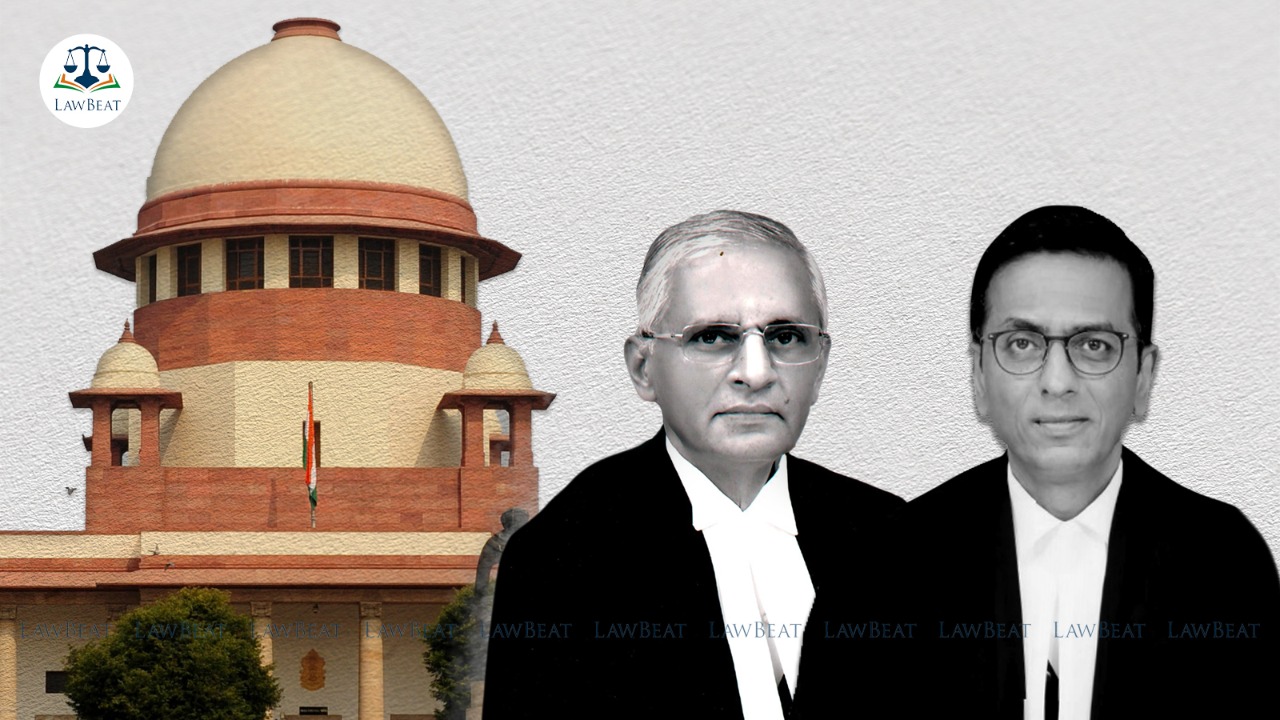Supreme Court says while hearing appeal under Section 374(2) CrPC, High Court duty bound to consider entire evidence

The Supreme Court on Monday remarked that while considering a criminal appeal under Section 374(2) of the Code of Criminal Procedure, the High Court is duty bound to consider the entirety of the evidence.
A bench of Justices Dr Dhananjaya Y Chandrachud and AS Bopanna made this observation while hearing a special leave petition filed by 35 accused persons whose conviction was upheld by the Madhya Pradesh High Court under the provisions of Sections 148, 149, 323/149, 436/149 (five counts) and 302/149 (three counts) of the Indian Penal Code, 1860.
Originally, in the instant case, the police, after investigation, submitted a final report under Section 173 CrPC against forty six persons, out of which one was tried by the Juvenile Court.
The trial of another accused was delinked, as a consequence of which, forty four accused were put to trial. The trial court convicted all the forty four accused.
The High Court then acquitted seven accused.
With regard to the appellants who were convicted, the observation of the High Court bearing on their culpability was as follows:
“...So far as the other appellants are concerned, from perusal of the record, it is apparent that the statement of eye-witnesses being unshakable and of sterling quality, has rightly been relied upon by the trial Court to record a finding of guilt against these appellants.”
The bench noted that the High Court held in its judgment that the evidence of the eye-witnesses could not be discarded only on the ground that they were interested witnesses, particularly, when there was no inconsistency between the ocular and medical evidence, and that the place of occurrence and the presence of accused was not doubtful.
It was further found that as regards, the seven accused to whom benefit of doubt was granted, the High Court held that they had not been named by the eye-witnesses.
To this the top court said,
"The High Court was dealing with a substantive appeal under the provisions of Section 374 of the Code of Criminal Procedure 1973. In the exercise of its appellate jurisdiction, the High Court was required to evaluate the evidence on the record independently and to arrive at its own findings as regards the culpability or otherwise of the accused on the basis of the evidentiary material. As the judgment of the High Court indicates, save and except for one sentence, which has been extracted above, there has been virtually no independent evaluation of the evidence on the record."
While disposing the appeal, the bench noted that there was no independent application of mind by the High Court to the facts insofar as they pertain to the appellants.
"...we are of the view that an order of remand would be necessary. However, we clarify that the order of remand would be confined to only those of the appellants in respect of which the present appeal survives", ordered the Court.
Cause Title: Jogi & Ors v. The State of Madhya Pradesh
